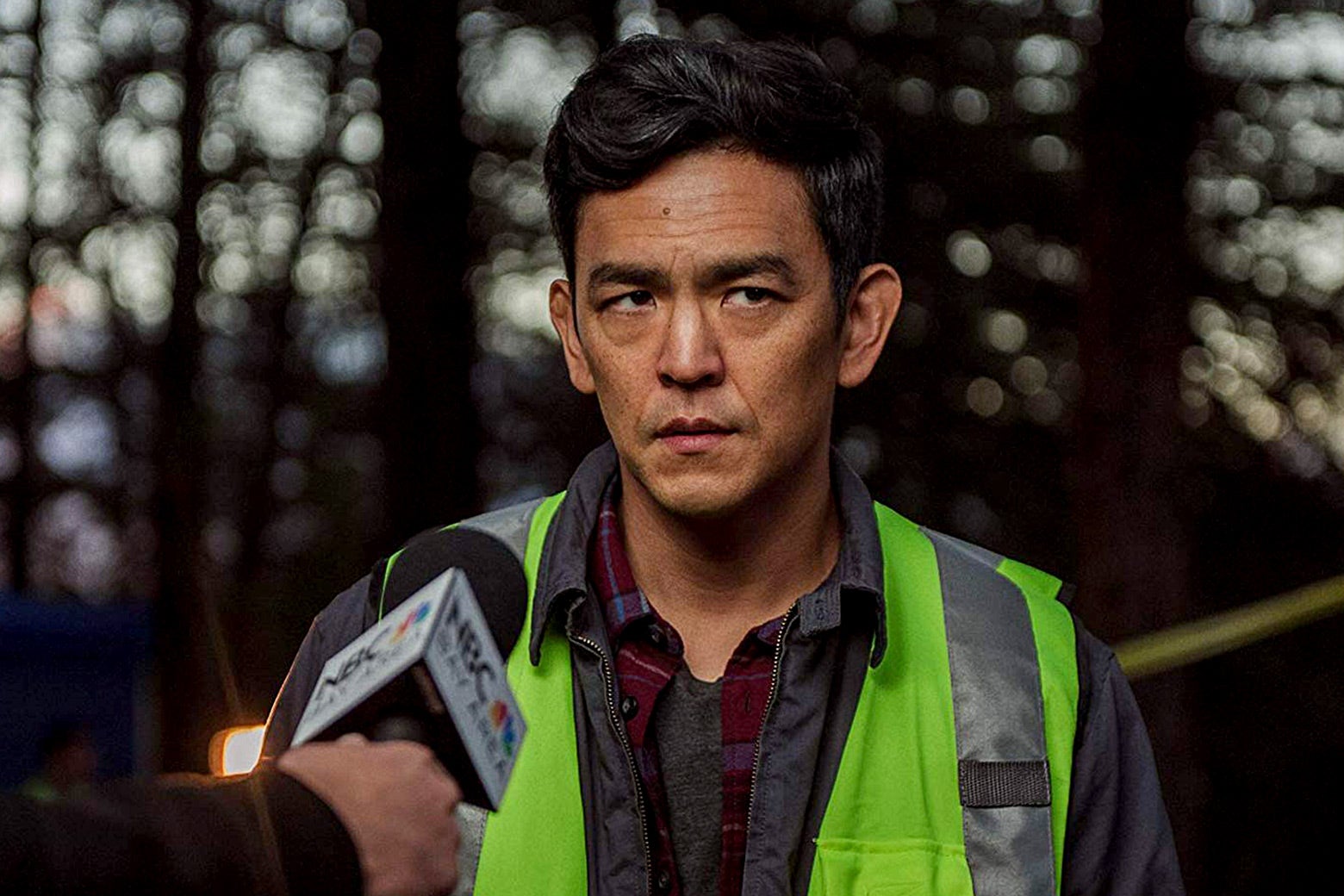Sometime in the past couple of years, mainstream coverage of the tech giants took on a decidedly dystopian cast. Pretty much every major tech company has received a black eye from the press, and deservedly so. Silicon Valley’s “disruptions” have profoundly warped and violated our standards about privacy, safety, news, labor conditions, and electoral fairness, to name just a few areas of concern. If there’s an industry that could use a little PR Spackle right now, it’s tech.
But did it have to be at the movies? Searching, the new mystery starring John Cho, often plays like a feature-length video tutorial, the kind that demonstrates to users new to a computer or operating system what their new doohickey can do. You can practically feel the ghost of Clippy popping up to ask, “It looks like your teenage daughter has disappeared. Do you want to create a Google Doc to make a spreadsheet of potential witnesses, scan Instagram comments to look for additional clues, use Venmo to track her financial transactions, or all of the above?” Helmed by Aneesh Chaganty, who formerly directed commercials for Google, Searching begins with a moving opening montage that recalls the famous one in Up, except confined to a desktop: David (Cho) and Pam (Sara Sohn) save every photo of their daughter Margot on her first day of each grade in a folder, until their bubble of domestic bliss is burst by a cancer diagnosis. Pam beats the disease, until it returns. Her return home on the computer calendar is delayed again and again until the event is deleted altogether. Life moves on: A sleek Apple OS X replaces the pixelated Windows XP screen, FaceTime takes over for phone calls, and the Kim family is a broken two instead of an intact three.
Other than its Asian American lead, Searching’s most distinctive aspect is its desktop view. Like 2014’s Unfriended, a horror movie about a ghost who pursues vengeance via Skype video calls, Facebook chat windows, and Spotify playlists, Searching takes place almost entirely within David and Margot’s computers. But whereas the videos in Unfriended distorted, buffered, and froze—sometimes to create suspense but often just to resemble actual user experience—the images in Searching, even when zoomed in, are almost always vivid, fluid, and lustrous. That, combined with the premise of a desperate father out-investigating a celebrated detective (Debra Messing) through common tools like Reddit and reverse image search, makes the film feel like an ad for big tech and its near-miraculous free services as much as the unexceptional but satisfying procedural that it is.
Before her disappearance, the last time David sees his daughter is on Thursday night, when she FaceTimes him from a study group at her friend’s house. By Friday afternoon, he realizes he didn’t know Margot as well as he’d thought: The high schooler has no friends at school, quit her piano lessons months ago (while pocketing the fees), and had an older friend on the other side of the country whom she met through a (fictional) video-streaming site ripe for harassment or worse. Most suspiciously, she seems to have had a secret relationship with another adult that made her feel “weird.” David discovers all of this while sorting through her laptop. Co-writers Chaganty and Sev Ohanian carefully construct a twisty whodunit that flirts with the lurid but ultimately remains grounded in suburban reality.
Relinquishing his hot-Asian-guy status to co-star Joseph Lee, who plays David’s younger brother Peter, Cho is in full dad mode here in a polo shirt, khakis, and a cellphone belt clip. Disappointingly, we only get to see his face in bursts, usually when he has his computer settings set to reflect his face for some reason. (Although if I were that good-looking, maybe I’d constantly want to look at my own reflection while trying to figure out what the youths are up to on “Tumbler.”)
But if Searching prefers to focus on plot mechanics over emotion, it at least makes up for it with minor but significant developments in Asian American representation. Given the predominance of the cultural and generational gap between parents and children in Asian American narratives, from The Joy Luck Club to Master of None, it’s refreshing to see an example of assimilated families, whose numbers will only continue to increase. Similarly, Margot’s truancy and Peter’s recreational drug use would make those characters unremarkable archetypes in a white-centered story, but mainstream film is so lacking in diverse images of Asian Americans that those details go a long way in lending texture to these characters. If the tech-assisted internet sleuthing fails to inspire, the future of Asian American stories glimpsed here certainly will.
Slate is an Amazon affiliate and may receive a commission from purchases you make through our links.
